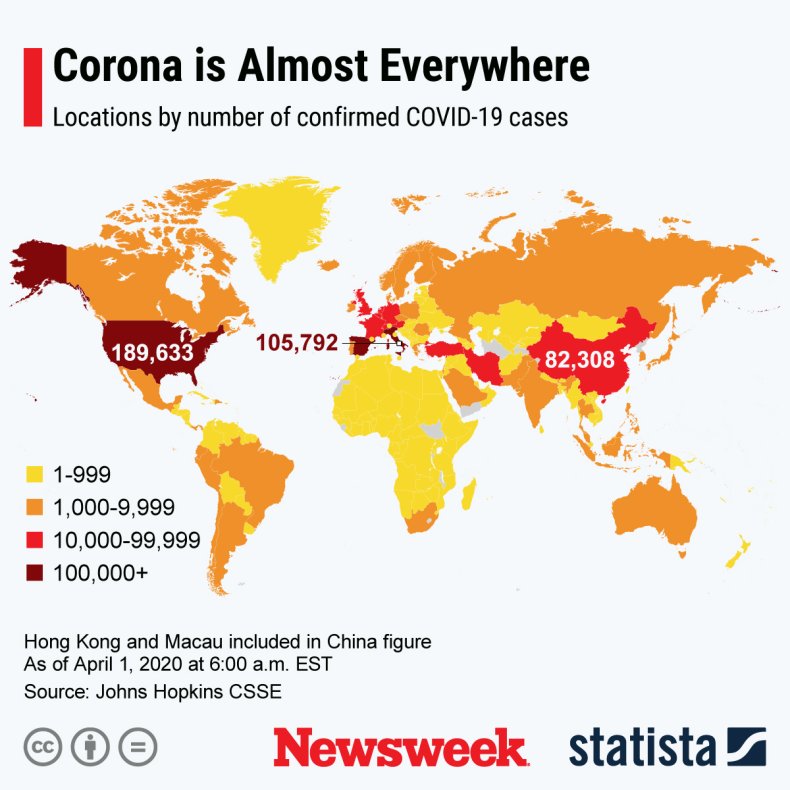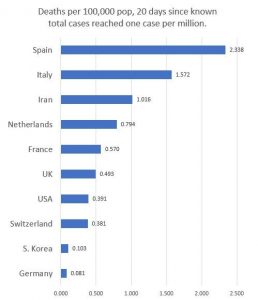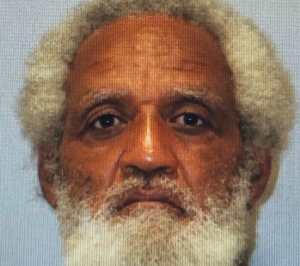An Australian airline is under investigation after it suspended an employee who raised concerns about workers being exposed to the novel coronavirus.
Qantas suspended the airline cleaner, an elected health and safety representative and union delegate, on February 2 after suggesting it was unsafe to clean a plane in Sydney that had arrived from Shanghai.
Qantas said the worker went against official advice by suggesting the plane was not safe and noted additional protection had been provided to workers. Qantas has refused to reinstate the cleaner. On March 18, Qantas furloughed a further 20,000 members of staff after grounding a majority of its flights in response to the COVID-19 outbreak.
One month after the worker was suspended, workplace safety authority agency SafeWork NSW issued Improvement Notices to Qantas because of their “inadequate system” of cleaning planes. SafeWork NSW found Qantas staff were reusing dirty cloths to wipe down table trays and handling soiled diapers without protective gear.
The agency said Qantas was at risk of exposing workers to the infectious disease. The airline confirmed it will be cooperating with the investigation
“A union delegate was stood down pending an investigation after incorrectly telling employees it was not safe to work on aircraft arriving from China in early February,” a spokesperson told Newsweek. “This was against the advice of health authorities and despite additional safety equipment being provided to employees.”
Transport Workers Union NSW Branch Secretary Richard Olsen accused the airline of engaging in “discriminatory and prohibited behavior” by suspending the worker.
“It is incomprehensible to the TWU that the Sydney worker was stood down due to his concerns for his co-workers,” Olsen said. “Now with the company wide stand down, Qantas have put their own internal investigation on hold, leaving the worker uncertain of his future, and we are watching the company scramble to manage their own actions.
“Qantas’s behavior from the start of this pandemic has been outrageous. It has refused to listen to workers’ legitimate concerns and instead shut them down. This has had a massive impact on the entire workforce during a very stressful time as many people have been afraid to raise concerns. This is not the way to conduct a safe and efficient airline.”
This week, 11 Qantas baggage handlers working at Adelaide Airport tested positive for the coronavirus.
There are more than 937,000 confirmed cases of COVID-19 across the world, with 47,261 deaths according to Johns Hopkins University. A total of 194,330 people have managed to recover from the virus.
A map, provided by Statista, showing the locations with confirmed COVID-19 cases as of April 1.
 Statista
StatistaWorld Health Organization advice for avoiding spread of coronavirus disease (COVID-19)
Hygiene advice
- Clean hands frequently with soap and water, or alcohol-based hand rub.
- Wash hands after coughing or sneezing; when caring for the sick; before, during and after food preparation; before eating; after using the toilet; when hands are visibly dirty; and after handling animals or waste.
- Maintain at least 1 meter (3 feet) distance from anyone who is coughing or sneezing.
- Avoid touching your hands, nose and mouth. Do not spit in public.
- Cover your mouth and nose with a tissue or bent elbow when coughing or sneezing. Discard the tissue immediately and clean your hands.
Medical advice
- Avoid close contact with others if you have any symptoms.
- Stay at home if you feel unwell, even with mild symptoms such as headache and runny nose, to avoid potential spread of the disease to medical facilities and other people.
- If you develop serious symptoms (fever, cough, difficulty breathing) seek medical care early and contact local health authorities in advance.
- Note any recent contact with others and travel details to provide to authorities who can trace and prevent spread of the disease.
- Stay up to date on COVID-19 developments issued by health authorities and follow their guidance.
Mask and glove usage
- Healthy individuals only need to wear a mask if taking care of a sick person.
- Wear a mask if you are coughing or sneezing.
- Masks are effective when used in combination with frequent hand cleaning.
- Do not touch the mask while wearing it. Clean hands if you touch the mask.
- Learn how to properly put on, remove and dispose of masks. Clean hands after disposing of the mask.
- Do not reuse single-use masks.
- Regularly washing bare hands is more effective against catching COVID-19 than wearing rubber gloves.
- The COVID-19 virus can still be picked up on rubber gloves and transmitted by touching your face.



















